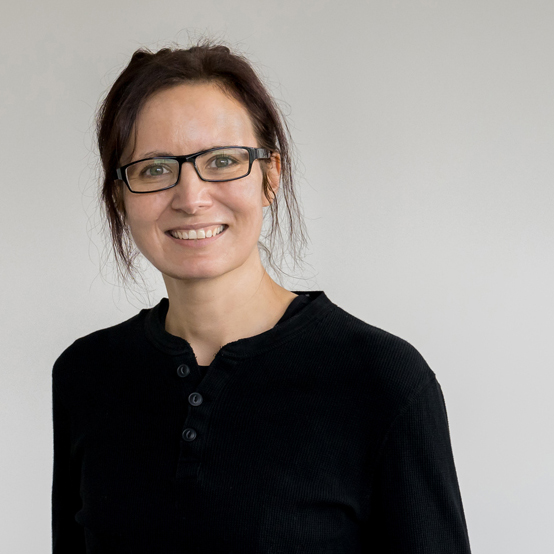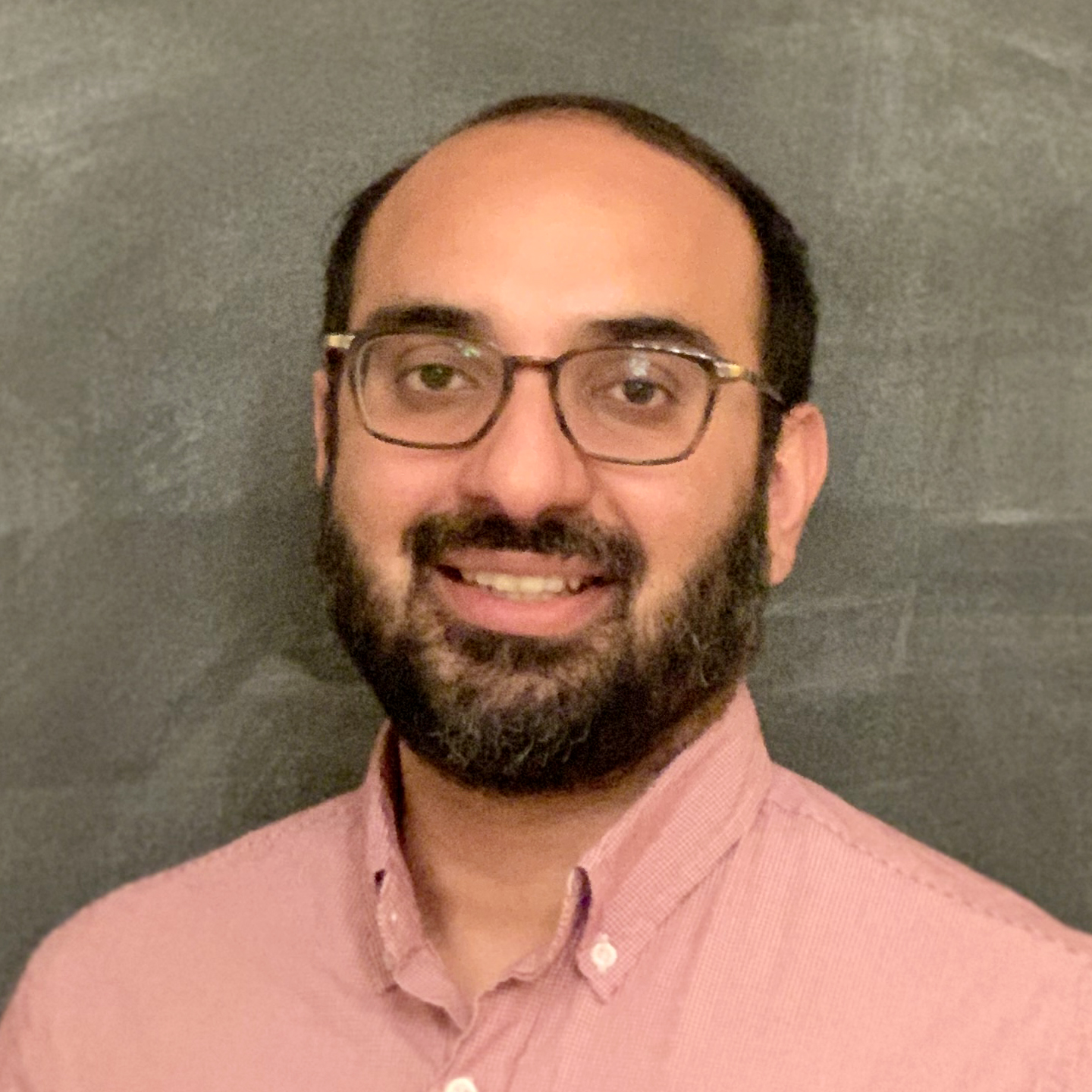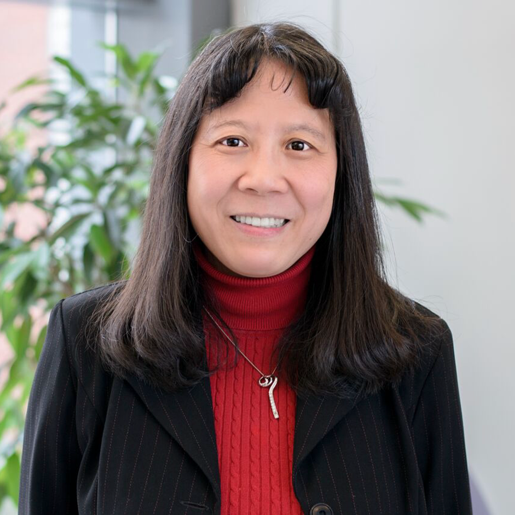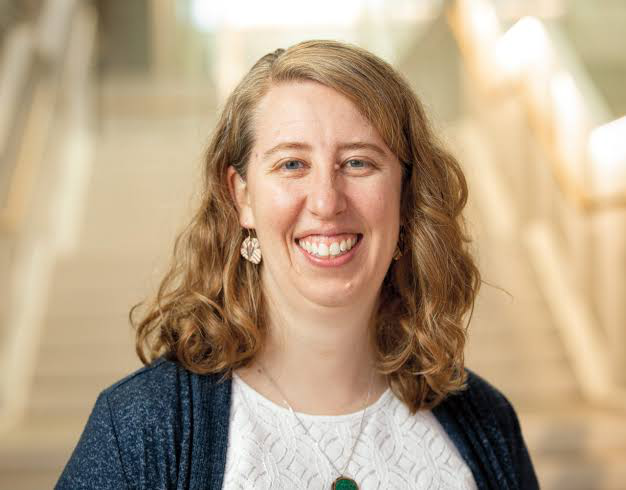links within this page: Kate Adamala | Aly Azeem Khan | Xihong Lin | Layla Oesper | Jian Zhou
 Kate Adamala
Kate Adamala
University of Minnesota
USA
Dr. Kate Adamala is a synthetic biologist and a McKnight Land-Grant Assistant Professor in the Department of Genetics, Cell Biology and Development at the University of Minnesota. Her research interests include astrobiology, synthetic cell engineering and biocomputing. Adamala is a co-founder and steering group member of the international Build-a-Cell Initiative, which seeks to broaden the impact of synthetic cell engineering. Find more information on Adamala’s lab at: http://www.protobiology.org
Programming life that is not alive: biocomputing in synthetic cells
Building a state-of-art ecosystem is pivotal for accelerating biological and health science discoveries and translational science. Such an ecosystem involves several pillars, including technology development, data fairness, scalable and powerful statistical and ML methods and tools, interpretable data analysis, and trustworthy decision-making. Rapid advancements in generative ML have revolutionized data utilization and enabled machines to learn from data more effectively. Statistics, as the science of learning from data while accounting for uncertainty, plays a pivotal role in addressing complex real-world problems and facilitating trustworthy decision-making. Massive multi-modal data have been generated in genomics and health. In this talk, I will discuss the challenges and opportunities in building such an ecosystem that integrates statistics, generative ML, and genomics and health. I will illustrate key points using the analysis of large scale biobanks, whole genome sequencing data, and electronic health records, and demonstrate the power of scientific discovery using ML-generated synthetic data. This talk aims to stimulate proactive and thought-provoking discussions, foster interdisciplinary collaboration, and cultivate open-minded approaches to advance scientific discovery.
 Aly Azeem Khan
Aly Azeem Khan
University of Chicago
USA
Aly A. Khan is an assistant professor at the University of Chicago, with appointments in the Departments of Pathology, Family Medicine, and the college. He develops computational methods to uncover clinically relevant insights about the immune system, translating these into improved diagnostic and therapeutic opportunities for human health. Previously, he was a research faculty member at the Toyota Technological Institute in Chicago, where he established a research program in computational immunology. In addition to his academic research, he has advanced translational science and research at Merck, Genentech, Tempus Labs, and currently 23andMe. Khan earned his Ph.D. in Computational Biology jointly from Cornell University and the Memorial Sloan Kettering Cancer Center. His contributions to computational immunology have been recognized with several honors, notably the National Institutes of Health DP2 NIAID New Innovator Award.
 Xihong Lin
Xihong Lin
Harvard University
USA
Xihong Lin is Professor and Former Chair of the Department of Biostatistics, Coordinating Director of the Program in Quantitative Genomics of Harvard TH Chan School of Public Health, and Professor of Statistics at Harvard University, and Associate Member of the Broad Institute of MIT and Harvard. Dr. Lin’s research interests lie in development and application of scalable statistical and computational methods for analysis of massive data from genome, exposome and phenome, such as large scale Whole Genome Sequencing studies, integrative analysis of different types of data, biobanks, as well as analysis of complex epidemiological and observational studies, and statistical learning methods for big data. She is an elected member of the US National Academy of Medicine. Dr. Lin received the 2002 Mortimer Spiegelman Award from the American Public Health Association, the 2006 Presidents’ Award and the 2017 FN David Award from the Committee of Presidents of Statistical Societies (COPSS), and an elected fellow of the American Statistical Association and the Institute of Mathematical Statistics. She is the recipient of the MERIT Award (R37) (2007-2015) and the Outstanding Investigator Award (R35) (2015-2022) from the National Cancer Institute, and the contact PI of the Harvard Analysis Center of the Genome Sequencing Program of the National Human Genome Research Institute. She has been active in COVID-19 research. She chairs the COPSS-National Institute of Statistical Science (NISS) COVID-19 Data Science Webinar series, jointly organized by all the leading North America Statistical Societies. Dr. Lin is the former Chair of the COPSS (2010-2012). She is the founding chair of the US Biostatistics Department Chair Group, and the founding co-chair of the Young Researcher Workshop of East-North American Region (ENAR) of International Biometric Society. She co-launched the Section of Statistical Genetics and Genomics of the American Statistical Association (ASA). She is the former Coordinating Editor of Biometrics, and the founding co-editor of Statistics in Biosciences. She is the former member of the Committee of Applied and Theoretical Statistics of the US National Academy of Science.
Accelerate Discovery by Integrating AI, Statistics and Genomic Health Science
Building a state-of-art ecosystem is pivotal for accelerating biological and health science discoveries and translational science. Such an ecosystem involves several pillars, including technology development, data fairness, scalable and powerful statistical and ML methods and tools, interpretable data analysis, and trustworthy decision-making. Rapid advancements in generative ML have revolutionized data utilization and enabled machines to learn from data more effectively. Statistics, as the science of learning from data while accounting for uncertainty, plays a pivotal role in addressing complex real-world problems and facilitating trustworthy decision-making. Massive multi-modal data have been generated in genomics and health. In this talk, I will discuss the challenges and opportunities in building such an ecosystem that integrates statistics, generative ML, and genomics and health. I will illustrate key points using the analysis of large scale biobanks, whole genome sequencing data, and electronic health records, and demonstrate the power of scientific discovery using ML-generated synthetic data. This talk aims to stimulate proactive and thought-provoking discussions, foster interdisciplinary collaboration, and cultivate open-minded approaches to advance scientific discovery.
 Layla Oesper
Layla Oesper
Carleton College
USA
Layla Oesper is an Associate Professor of Computer Science at Carleton College in Northfield, MN. Dr. Oesper received her B.A. in mathematics from Pomona College and her Sc.M and Ph.D. in Computer Science from Brown University. Dr. Oesper is also the recipient of NSF CRII and CAREER Awards. Her lab focuses on the design of computational methods related to inference and analysis of cancer evolution.
Computational methods for improved inference of tumor evolution
Tumors evolve as part of an evolutionary process where distinct sets of genomic mutations accumulate in different cell lineages descending from an original founder cell. A better understanding of how such tumor lineages evolve over time, which mutations occur together or separately, and in what order these mutations were gained may yield important insight into cancer and how to treat it. Thus, in recent years there has been an increased interest in computationally inferring the evolutionary history of a tumor – that is, a rooted tree where vertices represent populations of cells that have a unique complement of somatic mutations and edges that represent ancestral relationships between these populations. However, accurately inferring these trees from sequencing data is often a challenging process. In this talk, I will describe computational methods that address issues related to the inference and analysis of tumor evolution.
 Jian Zhou
Jian Zhou
UT Southwestern Medical Center
USA
Jian Zhou is an Assistant Professor in the Lyda Hill Department of Bioinformatics. He is a Lupe Murchison Foundation Scholar in Medical Research and is a Scholar of the Cancer Prevention and Research Institute of Texas (CPRIT). Prior to joining UTSW, he was a Flatiron Research Fellow at the Center of Computational Biology at Flatiron Institute, New York. He received his B.S. in Biological Sciences from Peking University and Ph.D. in Quantitative and Computational Biology from Princeton University. The Zhou lab works at the intersection of machine learning and genomics. The lab develops computational methods to improve our understanding of genome-based gene regulation and the genetic basis of human diseases. Currently the lab focuses on developing computational methods for improving predictive models for genomic sequence, understanding underlying biological mechanisms, and designing genomic sequences with desired properties. Advancing machine learning and AI methods for science is a long-term goal of the lab. Visit the lab website for more details https://zhoulab.io
Sequence-basis of transcription initiation in the human genome
Transcription initiation is a process that is essential to ensuring the proper function of any gene, yet we still lack a unified understanding of sequence patterns and rules that explain most transcription start sites in the human genome. By predicting transcription initiation at base-pair resolution from sequences with a deep learning–inspired explainable model called Puffin, we show that a small set of simple rules can explain transcription initiation at most human promoters. We identify key sequence patterns that contribute to human promoter activity, each activating transcription with distinct position-specific effects. Furthermore, we explain the sequence basis of bidirectional transcription at promoters, identify the links between promoter sequence and gene expression variation across cell types, and explore the conservation of sequence determinants of transcription initiation across mammalian species.




